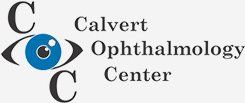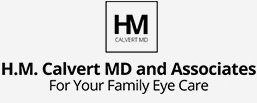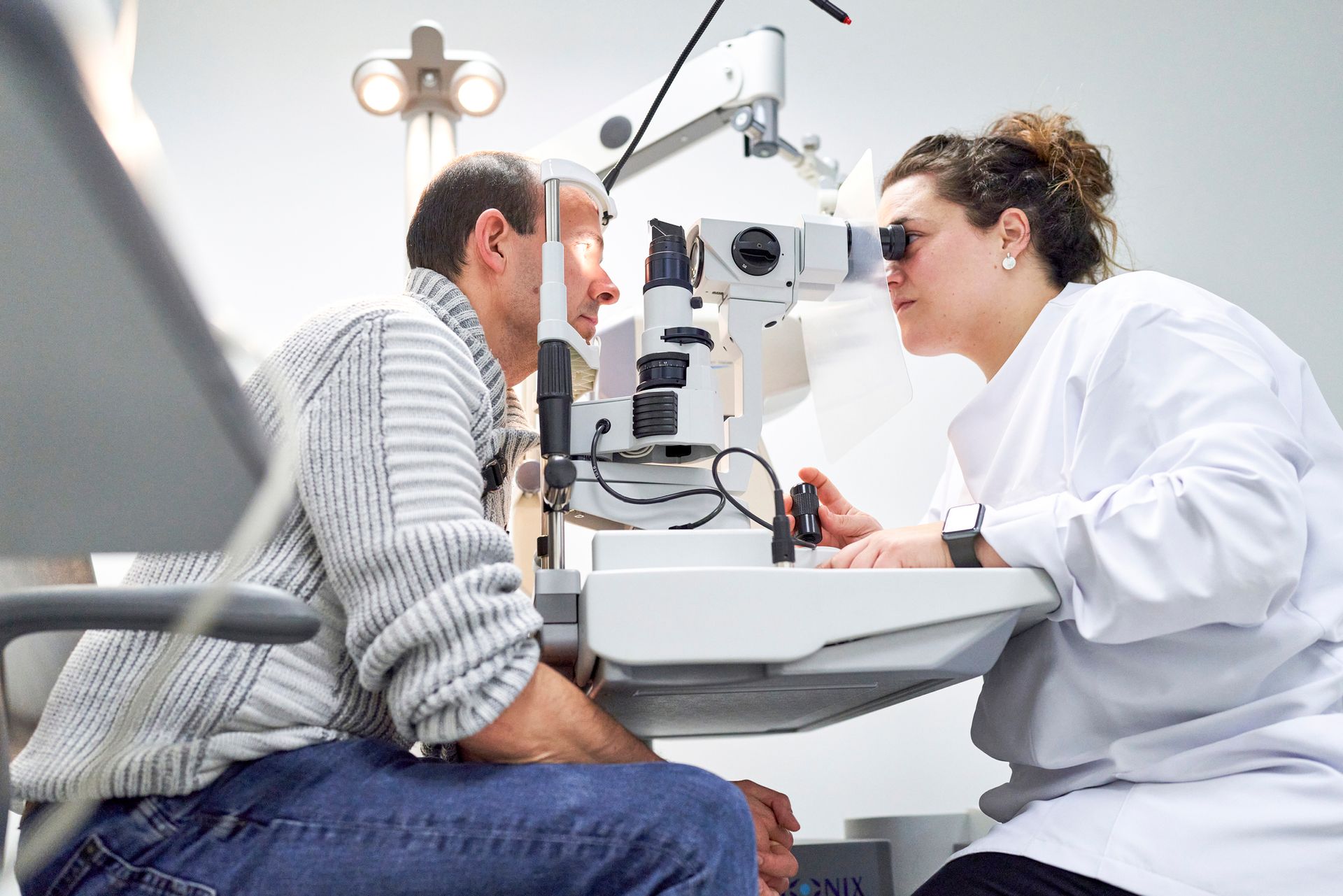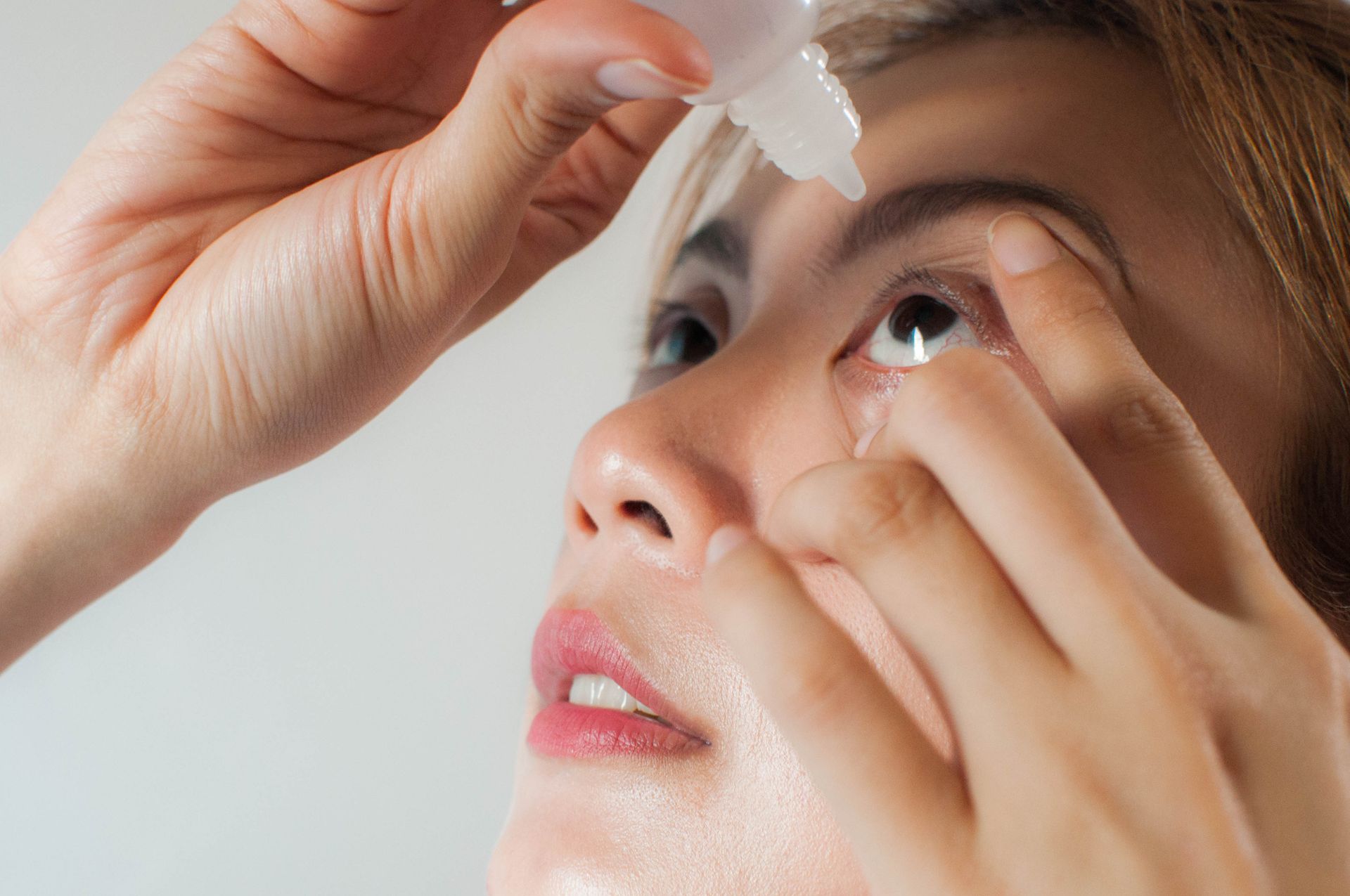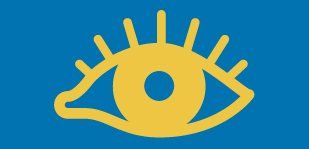The 'Eyes' Have It: What You Need to Know About Glaucoma
- By Admin
- •
- 07 Dec, 2018
- •
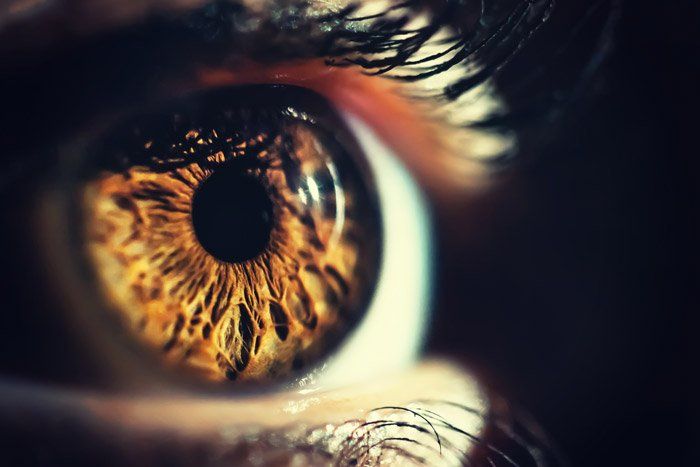
Glaucoma
Signs and Symptoms
Eye Trauma
Prevention
Treatment Options
Once you have been diagnosed with glaucoma, your doctor will likely want to see you on a regular basis to observe and measure the eye's response to treatment. The main goal of glaucoma treatment is to lower the intraocular pressure that can damage the eye.
Treatment typically entails eye drops, which are not expensive, utilized before bed daily, though advanced cases may warrant surgery, medications, or laser procedures to improve. Talk to your ophthalmologist about these later-stage treatment options.
Prognosis
The best outcomes occur when glaucoma is detected early. If your ophthalmologist catches it before significant damage to the optic nerve has occurred, it should be controllable with eye drops. However, compliance with treatment is also key in preventing further damage and maintaining a healthy eye pressure.
Know that vision loss and nerve damage caused by glaucoma is usually irreversible, though with treatment, it is possible to manage and control the disease.
Glaucoma is not a condition reserved for the elderly; anyone's vision is at risk from this debilitating and progressive disease. Note changes in your own vision and report to your eye care provider for a screening, which is painless and quite brief.
Do you have concerns about your risk for Glaucoma? Talk to your eye care professional at Calvert Ophthalmology Center to determine if you are a candidate for this progressive disease that could compromise your vision and eye health, as well as to schedule a glaucoma assessment with the provider. While you can't prevent or reverse glaucoma, there are practical steps that you can take to reduce your risks and manage symptoms of this progressive medical condition.
